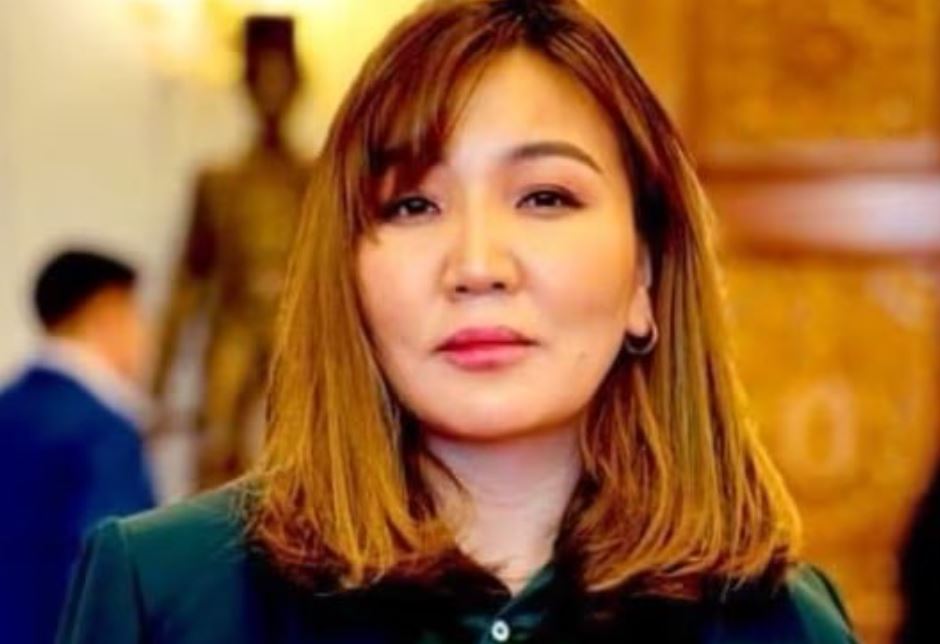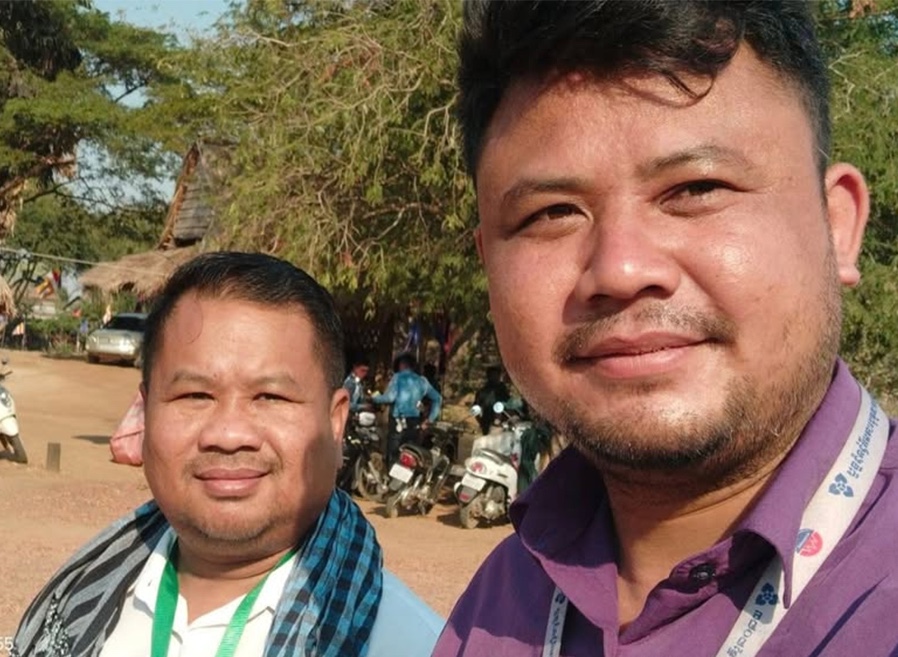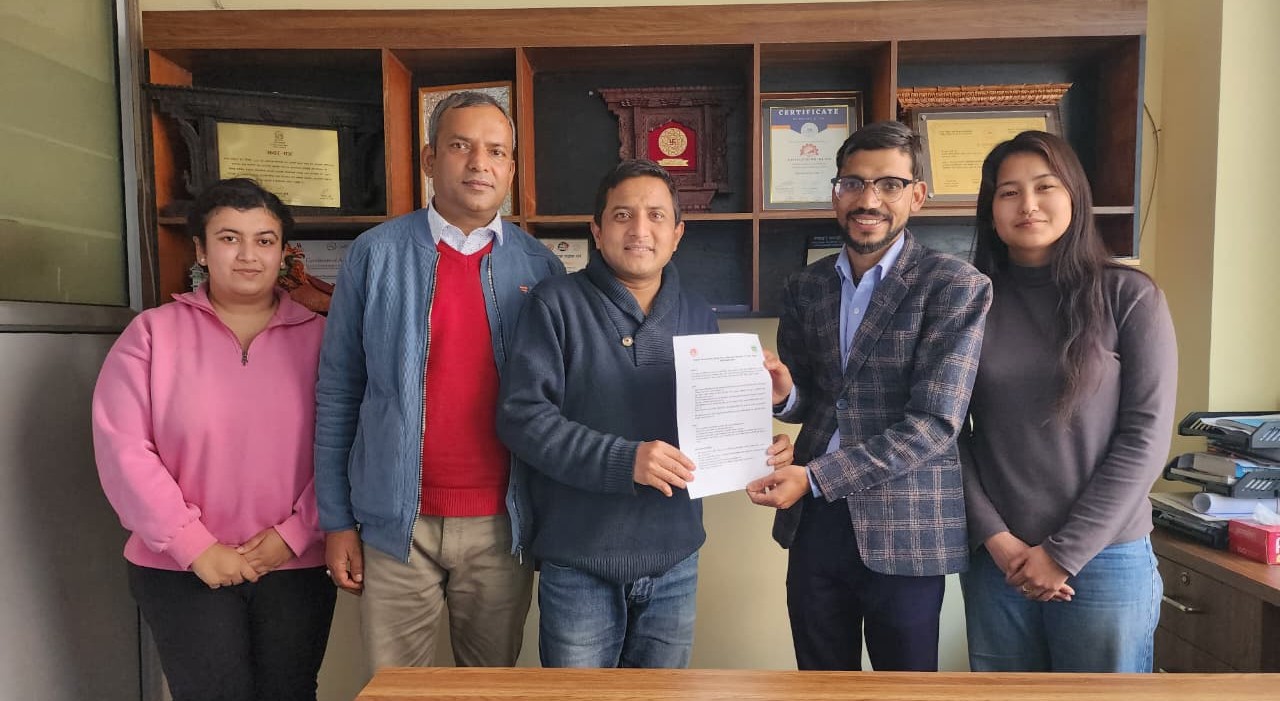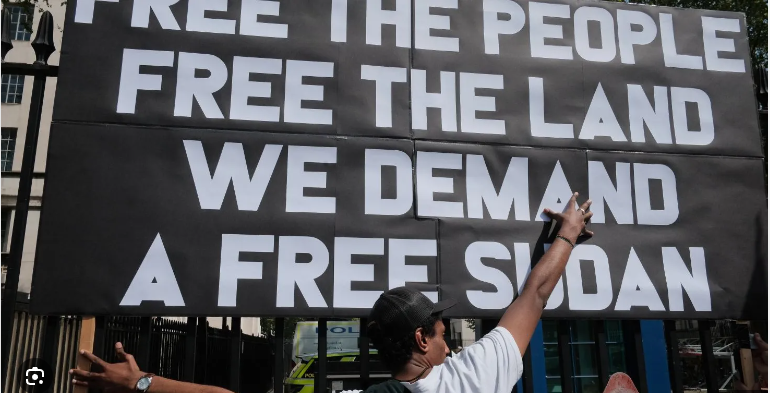
Sudan’s Journalists Hunted, Silenced, Disappeared
November 6, 2024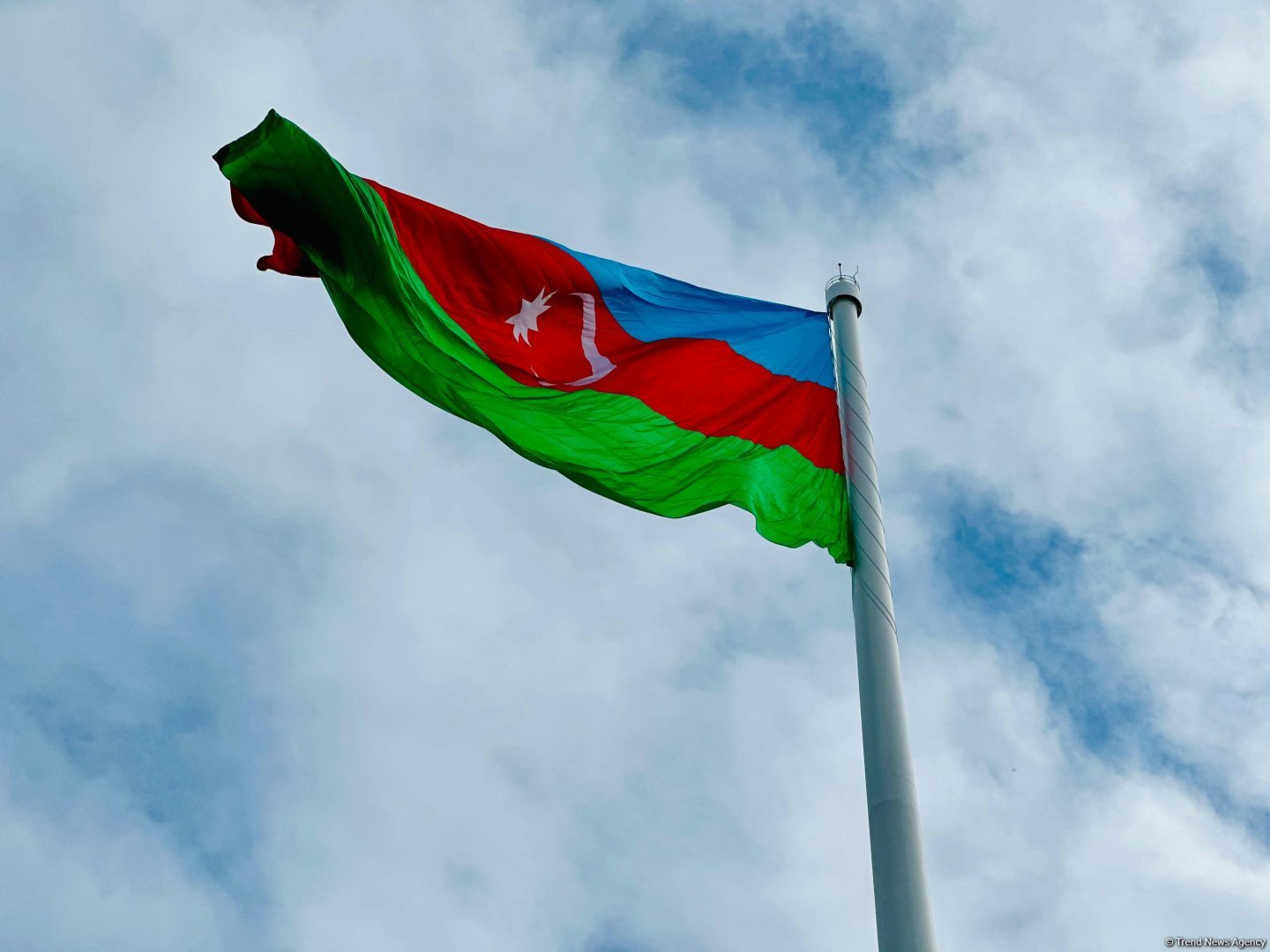
Rights Groups Urge EPC to Hold Azerbaijan Accountable
November 6, 2024November 6, 2024 – Mongolia –
Reporters Without Borders (RSF) sounded the alarm: a closed-door appeal trial for detained journalist Unurtsetseg Naran—conducted without public scrutiny or disclosed evidence—signals a dangerous regression for press freedom in Mongolia.
Naran, founder of the independent news outlet Zarig, was initially convicted behind closed doors this July on dubious charges including “spreading false information,” “tax evasion,” and “money laundering.” Her sentencing, carried out without transparency, drew widespread condemnation from local and international observers.
Her appeal hearing, also held in secret, deprived Naran of the most elemental judicial guarantees—open proceedings and access to full evidence. RSF described this as “an alarming sign for press freedom,” highlighting that trials of journalists in non-transparent settings effectively sanction impunity and quash dissent.
This repressive turn comes amid broader pressures on Mongolia’s media landscape. Recent months have seen increased legal intimidation of journalists. In March 2025, a police raid on the newsroom of Noorog resulted in detentions and confiscation of equipment from journalists facing ill-defined charges of “undermining national unity”. Similarly, in early May 2024, Bayarmaa Ayurzana—editor-in-chief at an investigative outlet—was arrested under criminal provisions for exposing corruption, threatened with up to eight years in prison.
These tactics reflect an alarming pattern: deploying legal tools like defamation and national-security laws to suppress investigative journalism. RSF notes that Mongolia’s freedom of the press ranking has plummeted—it now stands at 102 out of 180 countries, a steep drop worsening in recent years.
Naran’s closed‑door appeal crystallizes the stakes. When journalists cannot access fair and transparent judicial review, media independence is hollowed out. Such secrecy not only undermines individual cases—it sends a chilling message across the entire media sector: crime comes not only with imprisonment, but with silence.
For Mongolia—a young democracy emerging from the Soviet shadow—the case of Unurtsetseg Naran is a test. Will its institutions uphold due process and media plurality, or will justice be weaponized to extinguish critical voices? The world is watching—and this closed courtroom may be the turning point.
Reference –

